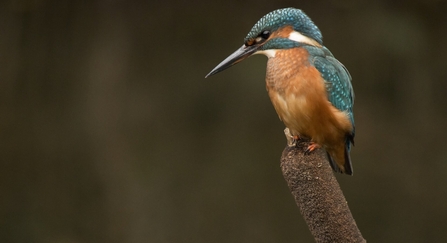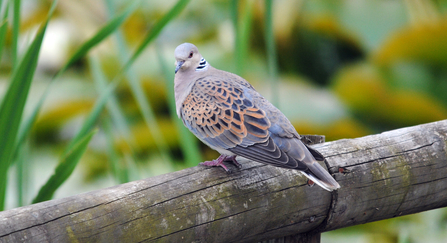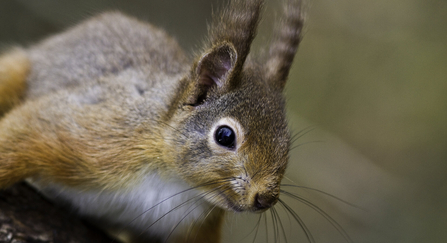Why we must take collective action to defend and restore nature - With its focus on reducing ‘red tape’ and ‘liberalising’ planning rules the Government's new Growth Plan has been widely interpreted as a worrying attack on nature. Our sector vociferously spelled out what is at risk, yet in some quarters our heartfelt concern has been portrayed as unjustified and politically motivated.
Here, longstanding Nottinghamshire Wildlife Trust member Rob Carlyle, a retired Head Teacher passionate about nature and individual efforts to reduce environment impact, outlines why he believes it is vital that the sector acts collectively to #DefendNature
We’re on a guided bird walk in Bestwood Country Park.
The park is a green haven on the edge of Nottingham. Seven hundred acres of woodland and farmland and heath and lakes and unimproved pasture deeply rooted in our mining heritage. A haven for wildlife and loved by thousands of visitors.




